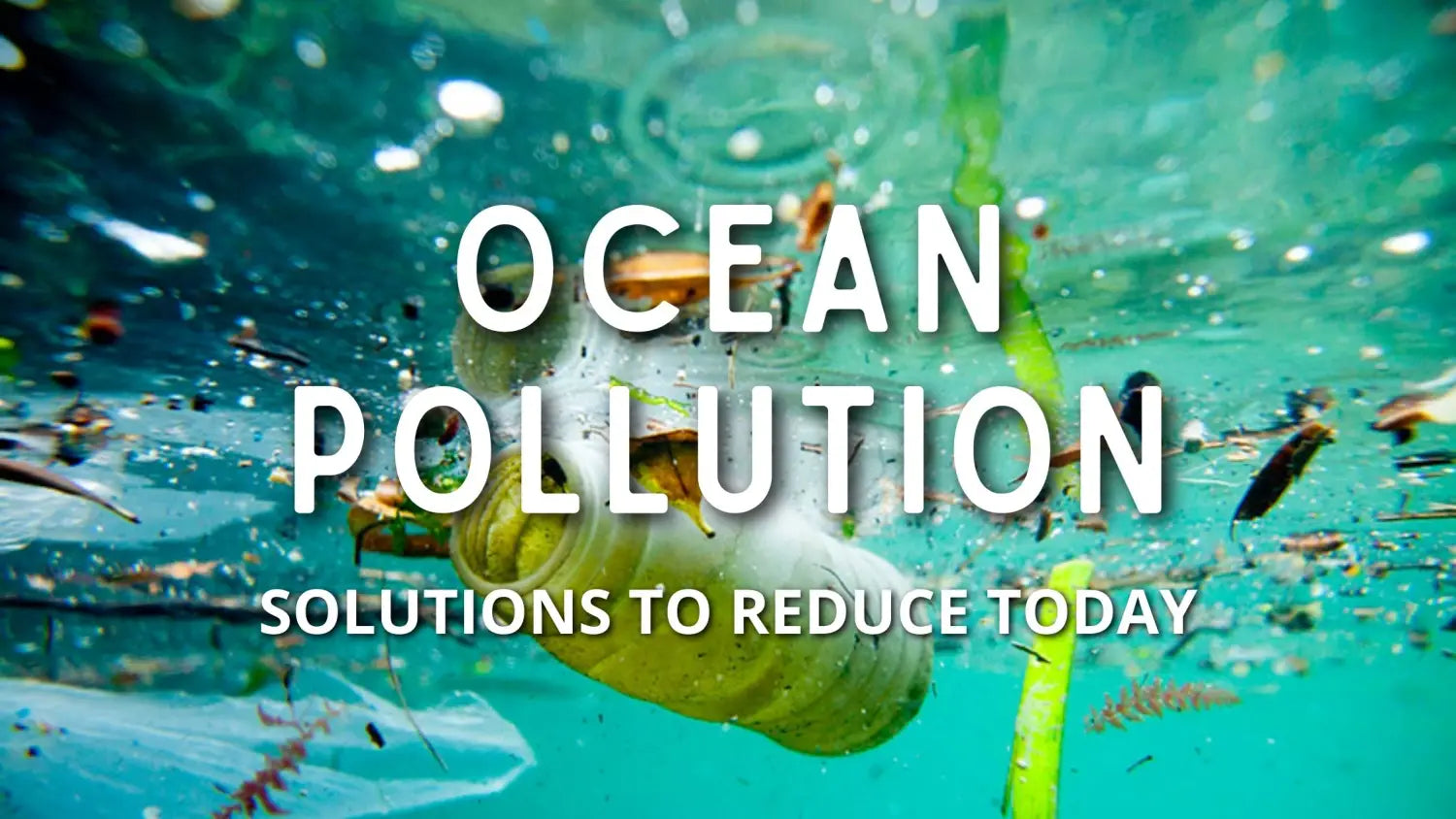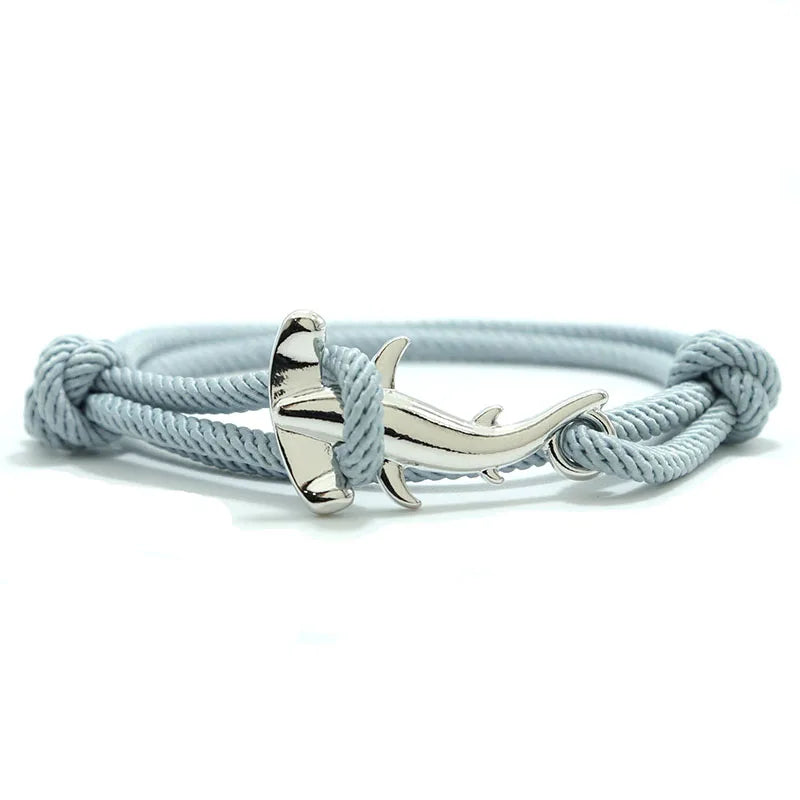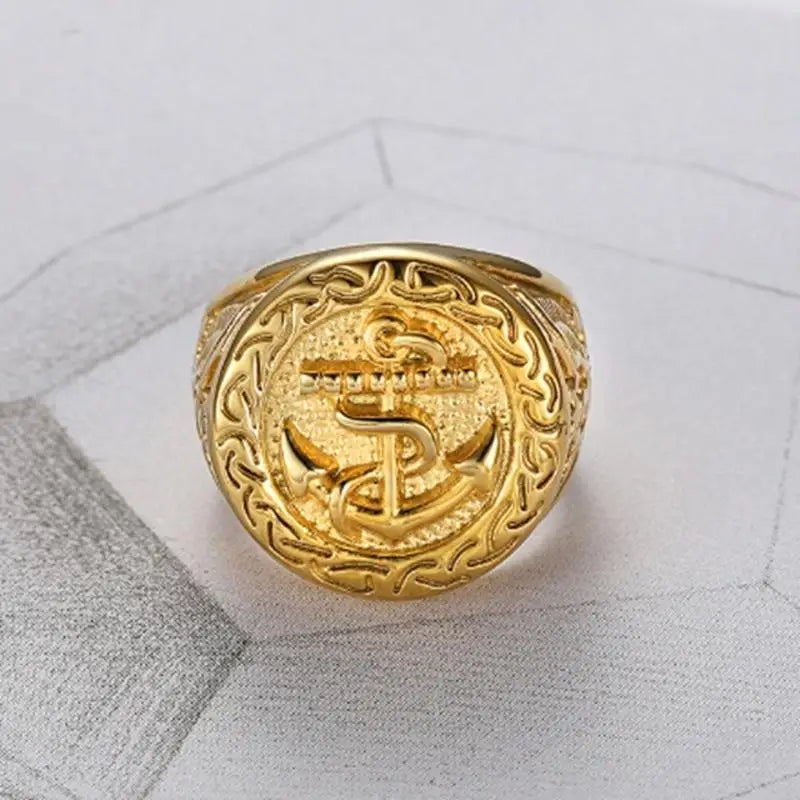Ocean pollution is a major environmental problem that is having a devastating impact on the world's oceans and the wildlife that call them home. From plastic pollution to oil spills, there are many different types of pollution that are harming the oceans and the creatures that live there.
Solutions To Reduce Ocean Pollution Today
In this guide, we will take a look at some practical solutions that can help to reduce ocean pollution and protect the oceans for future generations.
1. Choose sustainable seafood
One of the simplest and most effective ways to reduce ocean pollution is to choose sustainable seafood. Many commercial fishing operations rely on unsustainable practices, such as overfishing and bycatch, which can have serious consequences for marine ecosystems. By choosing sustainably-sourced seafood, you can help to reduce the demand for these products and support the conservation of marine life.
2. Reduce your plastic consumption
Plastic pollution is a major threat to the oceans and marine life, and it is estimated that millions of tons of plastic enter the oceans each year. By reducing your plastic consumption, you can help to reduce the amount of plastic that enters the oceans and threatens the lives of marine animals. Some simple ways to reduce your plastic consumption include using reusable bags and bottles, recycling, and properly disposing of waste.
3. Support organizations that are working to protect the oceans
Another way to reduce ocean pollution is to support organizations that are working to protect the oceans. There are many organizations around the world that are dedicated to ocean conservation, and they rely on donations and support from the public to continue their work. By supporting these organizations, you can help to fund research, education, and conservation efforts that are working to protect the oceans and the wildlife that call them home.
4. Get involved in beach cleanups
Beach cleanups are a great way to help reduce ocean pollution and protect the oceans. By participating in beach cleanups, you can help to remove trash and debris from the shores, which can prevent it from entering the oceans and harming marine life. Many organizations and communities host beach cleanups, and you can also organize your own.
5. Support policies that protect the oceans
There are many policies and regulations that are designed to protect the oceans and reduce ocean pollution. By supporting these policies and advocating for their implementation, you can help to create a cleaner and healthier planet for all.
6. Educate others about ocean pollution
Another way to reduce ocean pollution is to educate others about the issue and the importance of protecting the oceans. By sharing information about ocean pollution and the impact it has on marine life and the environment, you can raise awareness about the need to protect the oceans and inspire others to take action.
7. Reduce your carbon footprint
Reducing your carbon footprint is another way to help protect the oceans. Carbon dioxide emissions contribute to climate change, which is having a serious impact on the oceans and marine life. By reducing your carbon footprint, you can help to slow the rate of climate change and protect the oceans for future generations.
Solutions To Reduce Ocean Pollution Today Conclusion
Ocean pollution is a major environmental problem that is having a devastating impact on the oceans and the wildlife that call them home.
By taking simple steps to reduce your plastic consumption, choose sustainable seafood, and support organizations that are working to protect the oceans, you can help to reduce ocean pollution and protect the oceans for future generations.
By getting involved in beach cleanups, supporting policies that protect the oceans, educating others about the issue, and reducing your carbon footprint, you can make a real difference in the fight to protect the oceans and the incredible creatures that call them home.
It is up to each and every one of us to do our part to reduce ocean pollution and create a cleaner and healthier planet for all.





















